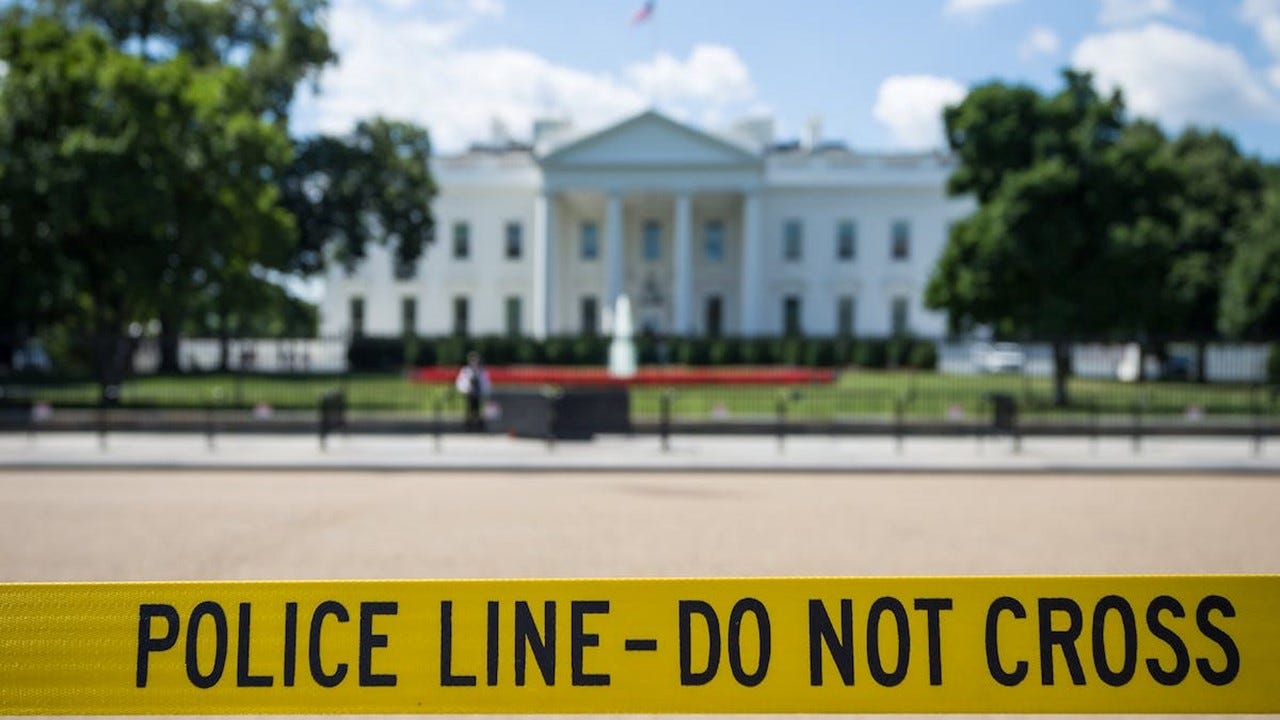UAW Strikes and the Biden Administration
A C-Suite Quick Take
The Biden Administration is taking an unfair rap on the UAW strike, but it is terrible news for the Biden Administration.
The EV transition would be happening anyway and is not a major driver of the strike.
No President wants a strike and these strikes risk major economic damage to Detroit 3, suppliers, workers, and the region.
The strike has no end in sight.
The ripple effects of a costly settlement could reignite inflation and make it harder to tame.
The President has no real levers and therefore no power and has little influence on the players.
As an economist and internal consultant at GM, I led strategy projects for every major labor negotiation between 1999 and 2019, and I find this year’s negotiations and strikes to be important for those inside and outside the industry to understand. I also served in the White House on President George H.W. Bush’s Council of Economic Advisers and believe that the economic and political fallout will be substantial.
Biden’s support for the EV transition is blamed for the strike by some commentators. But Mary Barra announced GM’s EV commitments and investment well before the 2020 election, helping unleash a flood of investments by other automakers. The 2022 legislation – such as the Inflation Reduction Act – that the Biden Administration supported ensured that American automakers like GM, Tesla, and Ford would benefit from consumer EV credits and that all automakers would have incentives to bring their EV production and their battery supply chain to North America. The legislation arguably helped protect UAW jobs and certainly gave the UAW some chances to unionize additional plants. The UAW is trying to roll back contract concessions and dramatically increase wages, not block EVs.
The strike is, however, terrible news for the Biden Administration. No President ever wants a major strike due to the economic disruption. The economic damage is not just to the Detroit 3 and their workers, but also their entire supply chains. Smaller suppliers may not survive a lengthy strike, particularly one that affects all of the Detroit 3, which may disrupt recovery. Several important suppliers also have UAW contracts that have or are about to expire, so auto industry disruption might continue even after there is a Detroit 3 settlement. And such a settlement is nowhere in sight. Shawn Fain clearly intends to add plants every week to the three already out, assuring continued headlines and increasing pressure. The UAW has shown no sign of backing off its massive demands and the Detroit 3 are increasingly public about their resistance. A strike lasting longer than the 40-day strike at GM in 2019 seems likely, both to demonstrate the toughness of the new UAW leadership and to increase the odds that an agreement would be ratified.
The settlement – whenever it comes – will include highly visible wage increases that may spread to suppliers, other automakers, and other industries, creating a downside risk of reigniting inflation. The UAW is also pushing for automatic cost-of-living increases and such COLA provisions made the inflation of the 1970s much harder to control. A costly settlement reached after a bitter strike would provoke further labor unrest and undermine Biden Administration goals to bring new-economy jobs to the US rather than Canada or Mexico or even China.
But President Biden has no real levers and therefore has little power to drive a settlement. The Taft-Hartley Act gives the President the power to require an 80-day “cooling-off” period in a strike that jeopardizes the nation’s “health and safety”. But an auto strike is hard to label as jeopardizing the nation; when President Carter tried to impose Taft-Hartley in a 1978 coal strike, he was overruled in Federal court. The only time Taft-Hartley has been invoked since was by George W. Bush in a port strike/lockout in 2002. President Biden did use the National Rail Labor Act to impose a contract settlement on some railroad unions, but Taft-Hartley is less powerful. Invoking it – particularly on the UAW - would be very painful for a President claiming to be pro-union.
The Administration has no new money to help with a settlement, pressure either side, or cushion the blow for suppliers. Indeed, with the looming government shutdown, the money for existing EV, battery, and infrastructure subsidies and credits is at some risk.
President Biden is left with little to do except make pro-worker statements. Ironically, that may only worsen the outcome by emboldening Shawn Fain to stand firm on his demands and escalate the strikes.


